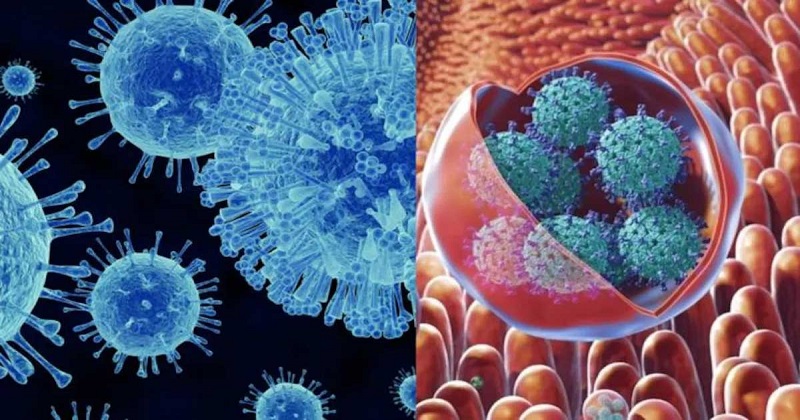
Kerala Health Minister Veena George on Friday urged people to be cautious and issued guidelines after cases of norovirus, a highly contagious stomach disease that produces a variety of symptoms, were confirmed in the state’s Wayanad district.
Two weeks ago, 13 students at a veterinary college in Pookode near Vythiri in Wayanad were diagnosed with norovirus, an animal-borne disease spread by contaminated water and food.
‘Currently, there is no cause for concern but everyone should be vigilant. Activities including super chlorination are underway. Drinking water sources need to be ensured to be hygienic. With proper prevention and treatment, the disease can be cured quickly. Therefore, everyone should be aware of the disease and its means of prevention’, Veena George said.
Also Read: YouTube to no longer show the number of dislikes on videos to public
What is norovirus?
Norovirus causes gastrointestinal sickness, including stomach and gut lining irritation, severe vomiting, and diarrhoea. Norovirus has little effect on healthy people, but it can be dangerous in small children, the elderly, and persons with comorbid conditions.
It is easily spread by coming into close contact with sick persons or touching contaminated surfaces. It can also be transferred by eating food prepared or handled by someone who has a stomach virus. The virus is transferred by an infected person’s faeces and vomit.
What are the symptoms of norovirus?
Norovirus symptoms include diarrhoea, stomach discomfort, vomiting, nausea, a high fever, headache and body pain. Acute vomiting and diarrhoea, according to experts, can cause dehydration and other issues.
What are the guidelines to prevent norovirus?
Those sick with norovirus should stay at home and use oral rehydration solutions (ORS) and boiling water. Before eating and after using the washroom, people should wash their hands thoroughly with soap and water. ‘Those who interact with animals should pay special attention’, the health ministry’s guidelines read.
The regulations said that bleaching powder must be used to chlorinate drinking water sources, wells and storage tanks. It further said that people must use chlorinated water in their homes and only consume boiled water.
Fruits and vegetables should be well cleaned before consumption. Sea fish and shellfish such as crab and mussels should only be consumed after they have been thoroughly cooked. The guidelines also added that stale and exposed meals should be avoided.

Post Your Comments